|
Richard Hunn (Wen Shu) was NOT keen on any notion of ‘Transmitting’ the Ch’an Dharma. This coincided with his attitude of NOT wanting to be associated with any particular University, Publisher or Dharma Group, etc. I agree with this approach. Dogma, idealism and superstition has nothing to do with genuine Chinese Ch’an Buddhist practice. What an individual does with their mind (and body) regarding attitudes and opinions held concerning life, politics, culture or everyday activities – has absolutely NO interest for the genuine Chinese Ch’an Master! This attitude is encountered time and again throughout the Tang, Song, Yuan, Ming and Qing Dynasties Ch’an writings of Imperial China – with Master Xu Yun (1840-1959) carrying-on this attitude into the post-1911 era of ‘modern’ China! Obviously, I have NOTHING to transmit. Teaching is simply taking the conditions that already exist – and turning the awareness of the enquirer back toward the ‘empty mind ground’ from which all perception arises (and ‘returns’ according to the Chinese Ch’an tradition) - this is a ‘transmission’ in a general sense – but such an interaction cannot be interpreted as an individual in the West being granted ‘Transmission’. Within Chinese culture, such ‘Transmission’ was Confucian in origin and often travelled within birth families and specific name clans – very seldom (if ever) was a ‘Transmission’ initiated ‘outside’ the family (as ‘outsiders’ could not be trusted to use the family secrets of spirituality, science and martial arts properly). Later, when the ‘Transmissions’ of (related) ‘Father to Son’ was adjusted to accommodate (non-related) ‘Masters to Disciples’ - outside ‘Transmissions’ (separate from the Confucian birth-process) was developed. This is the agency of continuation from generation to generation preserved within the Chinese Ch’an tradition. Birth-relationship is replaced with a ‘strict’ attitude of ‘respect’ and the maintaining of ‘good’, ‘correct’ and ‘appropriate’ decorum, behaviour and deportment. Even within ‘modern’ China – this is a difficult interaction to a) perform and b) achieve. The standards for keeping the mind and body permanently ‘clean’ night and day and is often viewed as being far too difficult for the average individual to meet. As ‘Transmission’ is NOT a game and given that ‘Transmission’ within the Chinese Ch’an tradition is NOT the same as ‘Transmission’ within the Japanese Zen tradition – it is obvious that when the Chinese Ch’an tradition ‘flows’ into the West – it is NOT the case that ‘Transmission’ can easily be applied. The empty mind ground must be ‘realised’ (not an easy task) and ‘maintained’ in every situation (an even more unlikely achievement). I have experimented with ‘Transmission’ in the West – but have found that as soon as the event unfolds – an IMMEDIATE ‘dropping away’ of all interactive effort, respect and continuation occurs. This means that the crucial and inherent energy is diminished, sullied and obscured - and the Ch’an lineage loses its clarity, understanding and ability to ‘free’ others. This explains ‘why’ I have eventually WITHDRAWN all so-called ‘Transmissions’ as a means to emphasis the recorded activities of the Chinese Ch’an Masters – written down in China and translated into English by Charles Luk [Lu Kuan Yu] (1898-1978). Granting Chinese language Dharma-Names and formally ‘Welcoming’ individuals into the ‘Lineage’ - does NOT constitute a ‘Transmission’. As helping others is a key element of the Bodhisattva Vow – I do NOT wish to inadvertently ‘damage’ the Chinese Ch’an tradition entrusted to me – by generating what amounts to a ‘dysfunction’ of transmission.
0 Comments
St Anthony (251-356 CE) is considered by many theological commentators as being the founder of Christian monasticism – despite the fact he was not the first Christian hermit – and admits seeking instruction from an old man who lived on the edge of a nearby village. Although being from Egypt – the Catholic Church makes a point of him supposedly being ‘White’ - with ‘Whiteness’ being presented as ‘good’ and ‘Blackness’ (the skin-tone of the average indigenous African) being firmly associated with ‘evil’! (Although to be fair, my Christian colleagues state that ‘Black’ in this context is a ‘figure of speech’ and should not be taken as ‘racial’. My colleague states: ‘See it in the context of Solomon's Song of Songs where bride speaks to her beloved and says "I am black but beautiful''. We are all black before the light of God, God is source of all light, we just reflect to a greater or lesser degree, and it will just be a million shades of black compared to God's light.’ Later, one of the Desert Fathers is described as ‘Black’ and yet considered entirely ‘good’ within Christian texts). Was St Athony the Great ‘European’? He could have been if his parents were the descendants of Greek invaders – and had never mixed with non-Europeans in the six-hundred years since Alexander the Great! St Anthony came from a rich family who seem to have been Christians. After selling all his belongings and giving the money away to the poor, he left mainstream society to live on the periphery of society – rather like a homeless person today – who has been failed by the Bourgeois State and the capitalist system, although in the case of St Antony, the poverty he embraced was a totally voluntary endeavour. It would appear that despite his prosperous background – St Anthony was illiterate and did not read or write (he did not leave any writings of his own – but we know he existed by others writing about his life and teachings). Perhaps his supposed Greek parentage (oddly) did not put too much value in their child learning to read and write – two skills very much at the forefront of Greek civilisation. St Anthony the Great was not a Desert Father in the struct sense, although he is often conflated with these later Christian monastics. He never lived in the desert and so cannot be correctly associated with this practice. Of course, Since around 100 BCE (and perhaps even earlier), the Jewish ‘Essenes’ had been living in the deserts of Palestine and frequenting meditation cells hued from indentations in the rock-face. Living a lifestyle very similar to what the Christian Desert Fathers would adopt – the ‘Essenes’ wrote of their experiences in the ‘Dead Sea Scrolls’. St Anthony makes no mention of the Jewish ‘Essenes’ whilst imitating their behaviour. The Christian narrative is that he developed the Christian hermetic lifestyle following a Revelation from God that nothing to do with local history or religious trends in the area. St Anthony literally believes in daemons as manifesting in the physical environment (often as ‘Black boys’), and within as troublesome thought-patterns and emotional responses. Racism aside – St Anthony views any form of ‘modern’ thinking as being the product of daemonic influence or daemonic possession. He dismisses the entire edifice of Greek philosophical thought and scientific investigation - as being the product of ‘daemonic influence’ that has no intrinsic value for humanity whatsoever! Understand how natural processes function is perceived by St Anthony as the indulgence of ‘evil’ by those who seek answers about how the universe works. Such knowledge, St Anthony tells us, only serves to create a barrier between individual humans and the God who he believes ‘made them’ in the first place. As regards agriculture, St Anthony severely criticises anyone or practices ‘farming’ and growths food to sustain the community! Observing the seasons and how one transitions into another – is a manifestation of ‘pure’ evil according to St Anthony! He believes this because God has a set plan for humanity which involves tremendous suffering, death and persecution – and that if human-beings interfere in this process – then God’s will is either water-down or prevented from functioning altogether in the physical world! Yes – humanity is made to pointlessly suffer by God – but in so doing – God is creating the scenario for some of the more deserving’ humans to be ‘saved’ by his ‘grace’. St Anthony tells his disciples that knowledge of how natural processes work amounts to accumulating a ‘pointless’ knowledge that serves no purpose in assisting God to manifest his presence in the world! St Anthony, therefore, is opposed to scientific knowledge and any form of modernistic progression for humanity. This is because such knowledge ‘empowers’ human-beings as individuals and a species – so that humanity no longer requires any direct contact with the God that created them. This is how the Christian Church explains ‘why’ most people in the West today – no longer possess a literal belief in Christianity – or no longer subscribe to traditional, theological interpretations of the world. In this sense, St Anthony was very good ‘at not learning anything’. It is one thing for an individual to embark on a path of subjective (internal) development that requires the complete ‘emptying’ of mind - of its patterns of historical conditioning (as is common within Buddhist and Daoist self-cultivation) - but it is quite another to insist that the entirety of society (and the progression of humanity as a species) should also be ‘limited’ to this ‘emptying’ in the socio-economic sense – if, indeed, that is what St Anthony is saying. Imagine a modern world without ‘science’, ‘education’ and ‘medicine’! Think also of the ‘good’ these developments have achieved for the benefit of humanity! I would say that the enlightenment that St Anthony is striving for equates with the third position of the Cao Dong (Soto) School of Chinese Ch’an Buddhism. When viewed from this perspective, then even in China it is not uncommon for Ch’an adepts to leave society and ‘reject’ the world and go and live in the remote valleys or isolated hill-tops until they are clear about the ‘empty’ essence of their minds. After a period of further training – such adepts enter the fourth and fifth stages of Cao Dong realisation (which are stages of ‘no stages’) - where they are instructed to (permanently) integrate their (pristine) ‘empty’ inward state with their material surroundings. This is the spiritual interfacing with the material ‘as it is’. Of course, some Ch’an Masters used their enlightened wisdom (like the Buddha) to protest about injustices and to defend the weak and innocent – whilst others lived as unknown beggars under bridges or on river-banks, etc. We do not have to permanently ‘reject’ the outer world to be spiritual – even if on occasion we like to take a break from its nonsense!
I have been engaged in the activity of Buddhist meditation for over three decades. In that time, I have experienced a number of ‘states’ marked by enhanced perception and awareness. These achievements have been confirmed by comparing their attributes with those described within Buddhist Sutras, and through examination by various Buddhist masters. The methods used has involved following the breath, chanting Pali and Sanskrit mantras, contemplating sections of Buddhist Sutras, considering the various ‘gong-an’ (Public Records) preserved within the Chinese Ch’an School, and the use of the ‘hua tou’ (word head) method. There has also been the direct instruction from a number of Buddhist Masters.
Today, whilst sat in deep meditative absorption, it is often the case that an intense sense of ‘pressure’ begins to be felt in the centre of the forehead (between the eyes). This pressure starts off slowly and builds in intensity so that a great physical pleasure and bliss is experienced. With practice, this feeling can manifest very quickly, often as soon as the eyes are closed and the meditation begins. It feels to me as if a matrix of small (but interconnected) muscles (laying across the flat-bone of the forehead) begin to gently ‘contract’ and resonate in a process that is something akin to sexual pleasure. As far as I am aware, this is a purely ‘physical’ response to the meditative process and although not easy to experience, is certainly not ‘mysterious’ in origin or manifestation. What is its purpose? The experience of what is referred to as the ‘opening of the third eye’ seems to be designed to focus (and alter) the conscious patterning of the mind. Before these muscle contract in this manner, the surface (and deep mind) must have been previously ‘calmed’ and ‘stilled’ for quite some time, before this reaction can be triggered. The pleasurable feeling is intense when fully realised. Although similar to a continuous sexual orgasm experienced across the forehead, there is also a similarity with the effects of a very strong drug which produces a similar effect in the body. Unlike a drug, however, (or sexual experience), the ‘third eye’ can persist for hours producing continuous waves of physical bliss that only comes to an end when formal meditation ceases, and there are absolutely no side-effects as there is with medical stimulants. These intense waves of physical pleasure (emanating from the centre of the forehead) focus the pure psychic energy and elevates the frequency of the mind patterning so that spiritual ‘light’ appears to flood the head, permeates the interior of the body, and then flows out into the environment. It is as if the muscular contraction of the forehead is a natural process that transforms the manner in which the mind functions and relates to the rest of the body and the environment. I suspect the experience of the ‘third eye’ is a natural process of human evolution designed as a method that initiates personal healing and serves as a natural pain-killer (similar to teachings found within the Daoist traditions). As regards the broader subject of religious interpretation, the process of the contraction of the muscles across the forehead is often ‘mystified’ and associated with divine intervention and external spiritual stimulation. In this model, the opening of the ‘third eye’ is viewed as a non-physical event entirely dependent upon theistic entities and the suspension of physical laws, etc. I certainly have no problem with these interpretations – but such ideas do not tally with my personal experiences. Always think for yourself and find your own way. |
Archives
March 2024
Categories
All
|
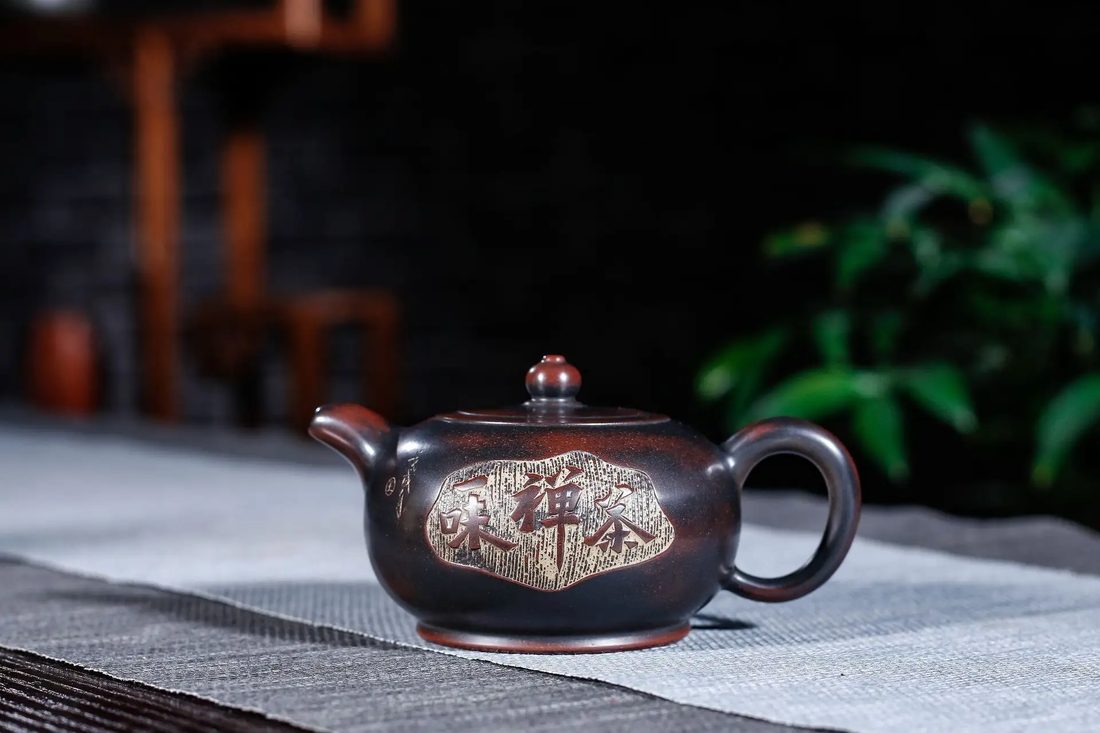
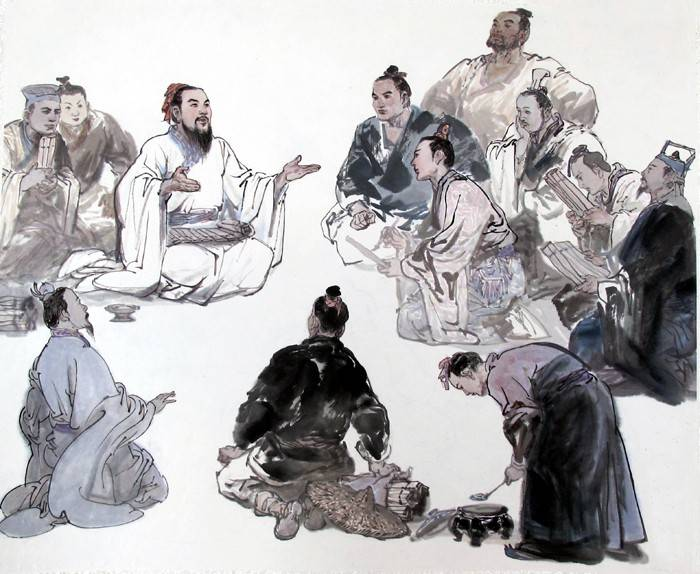
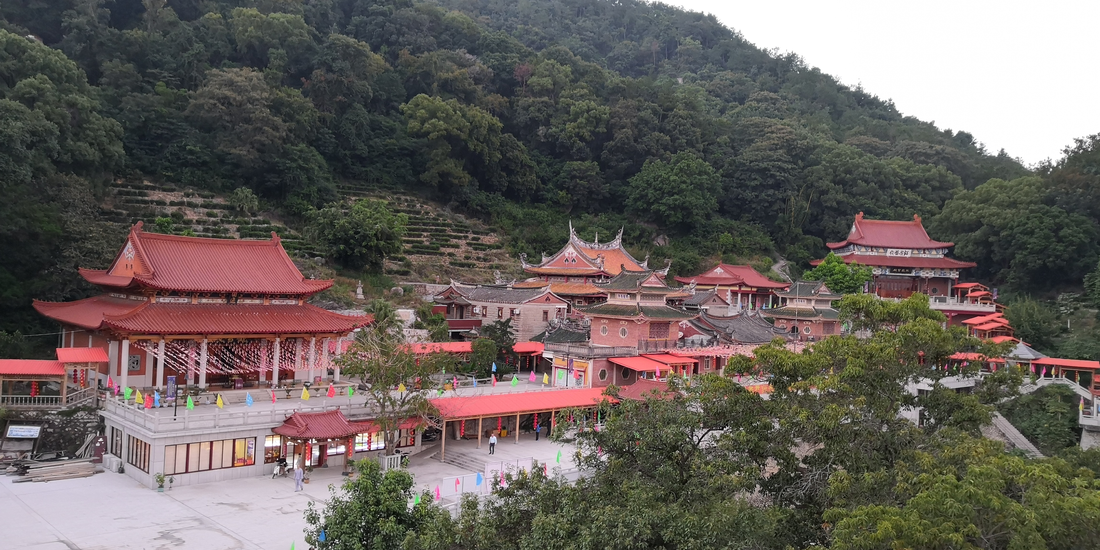

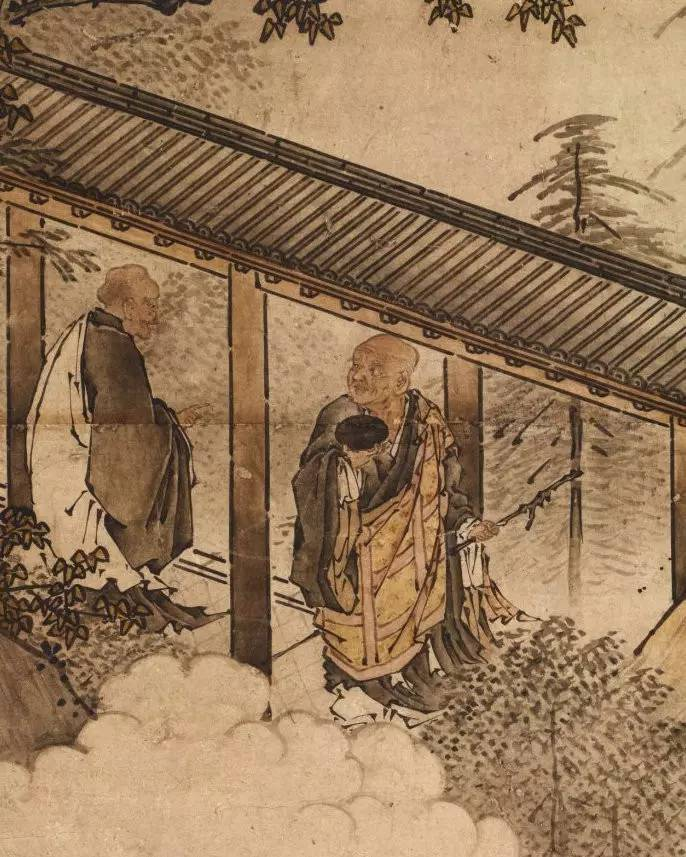
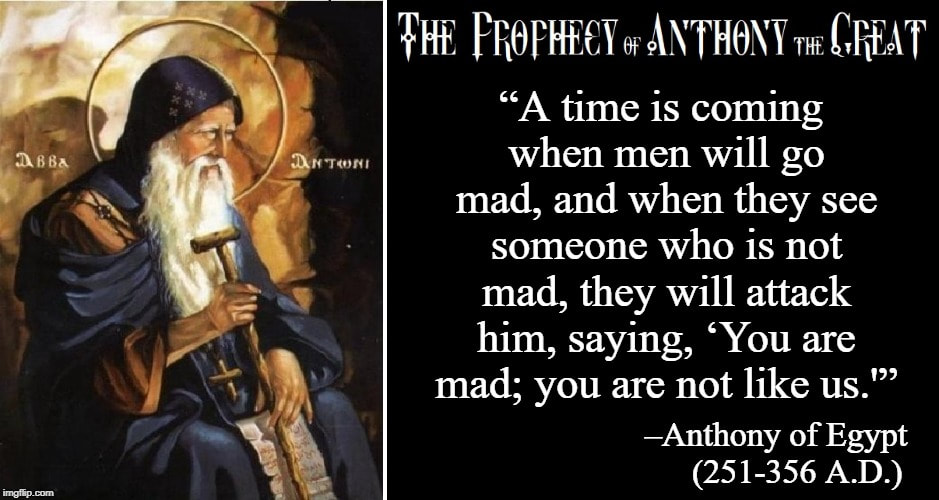
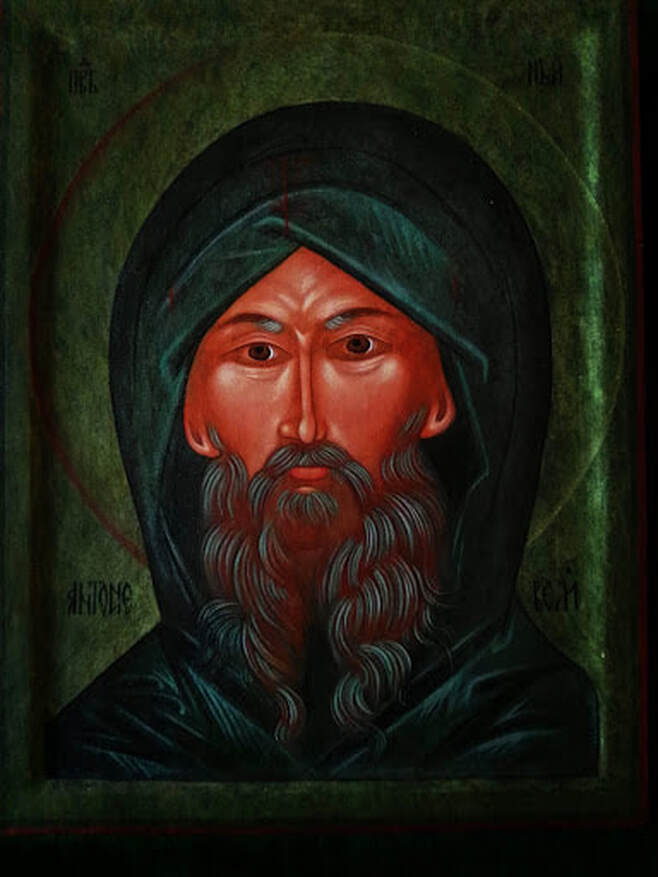
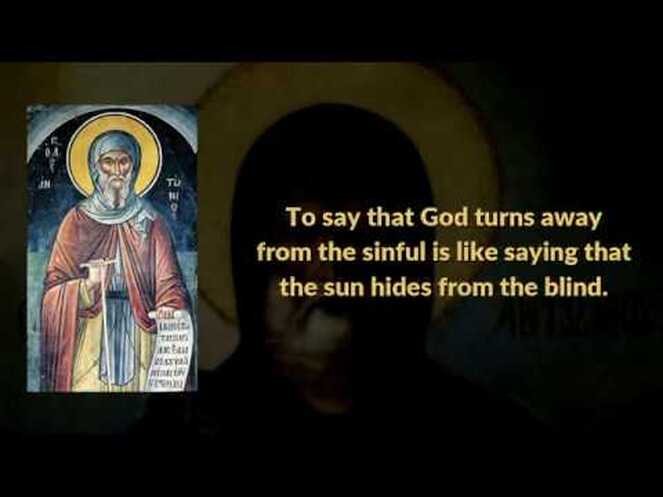
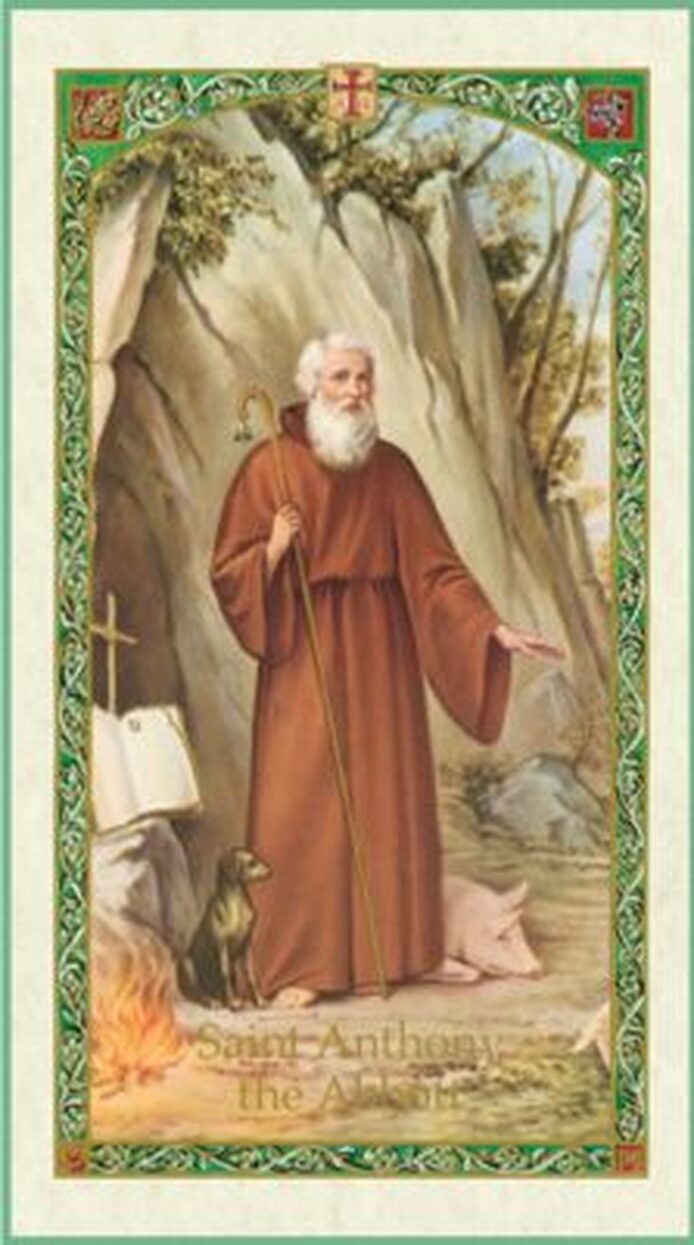

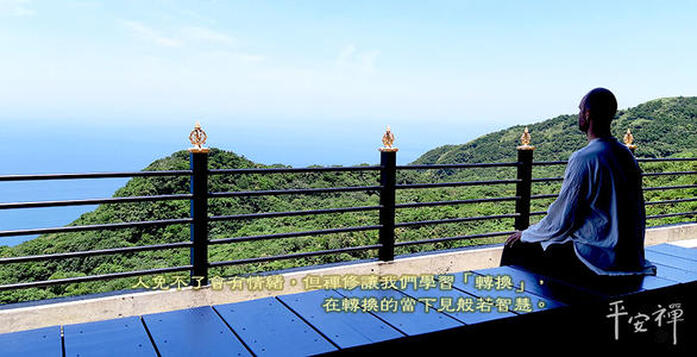
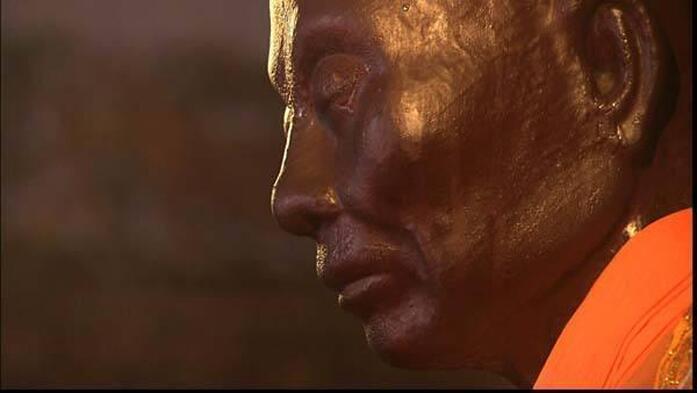
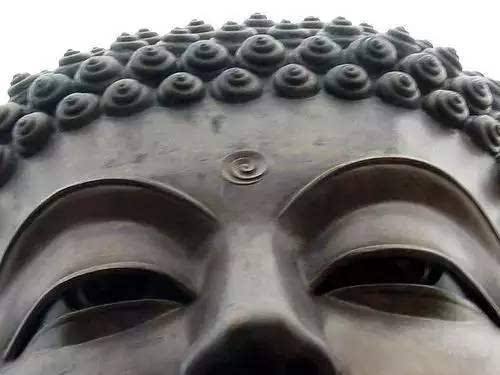
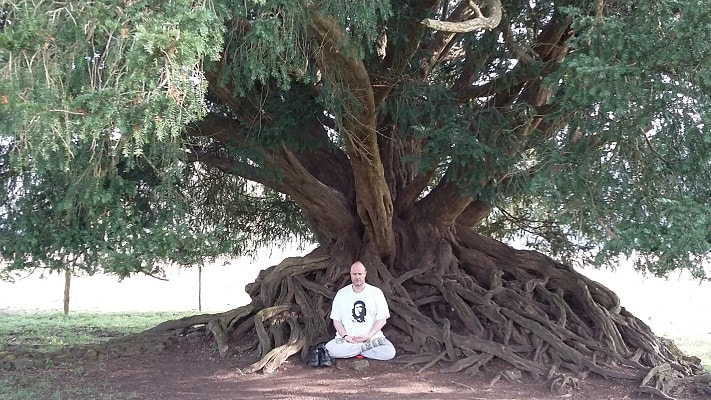
 RSS Feed
RSS Feed